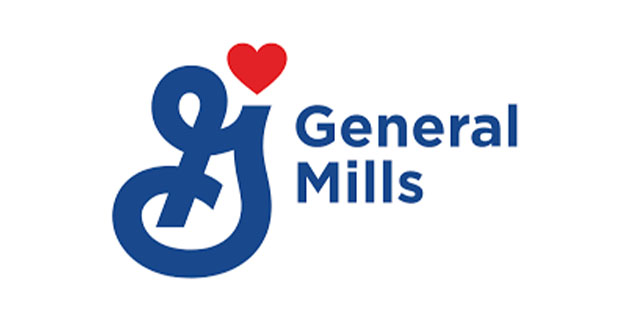How Are Consumers Economizing Amid Elevated Prices?
May 02, 2023 | Report
Although assorted measures of consumer inflation have peaked and nominal wages have generally risen, consumers are still feeling the pinch of higher inflation.
Insights for What’s Ahead
- According to The Conference Board Q1 2023 Survey of 2000 Multicultural Consumers, 77 percent of consumers say that goods and services are costing more in 2023 than in 2022. The highest prices in decades are causing consumers to change their behavior.
- Older consumers (age 55 or older), many of whom may be on fixed incomes and perceive themselves to be more vulnerable compared to prime working-aged adults are more likely to say that prices are higher this year than last year and will continue to rise for most categories.
- Most consumers are generally struggling with higher prices for the basics like groceries, utilities, fuel/electricity for the car, and housing but older consumers are more likely to say that they are experiencing financial hardships because of higher prices for these necessary goods and healthcare.
- People earning between $35,000 and $74,000—arguably the middle class—are somewhat more likely to state that they are struggling with basic goods for daily living compared to wealthier or less affluent cohorts—given the former group’s generally higher means and the latter group’s access to public benefit programs.
- Less affluent, younger, and minority consumers are more likely to be challenged by elevated housing costs; wealthier consumers are more concerned about the cost of entertainment and leisure outside of the home.
AUTHOR
Dana M. Peterson
Chief Economist and Leader, Economy, Strategy & Finance Center
The Conference Board
-
Complimentary.











